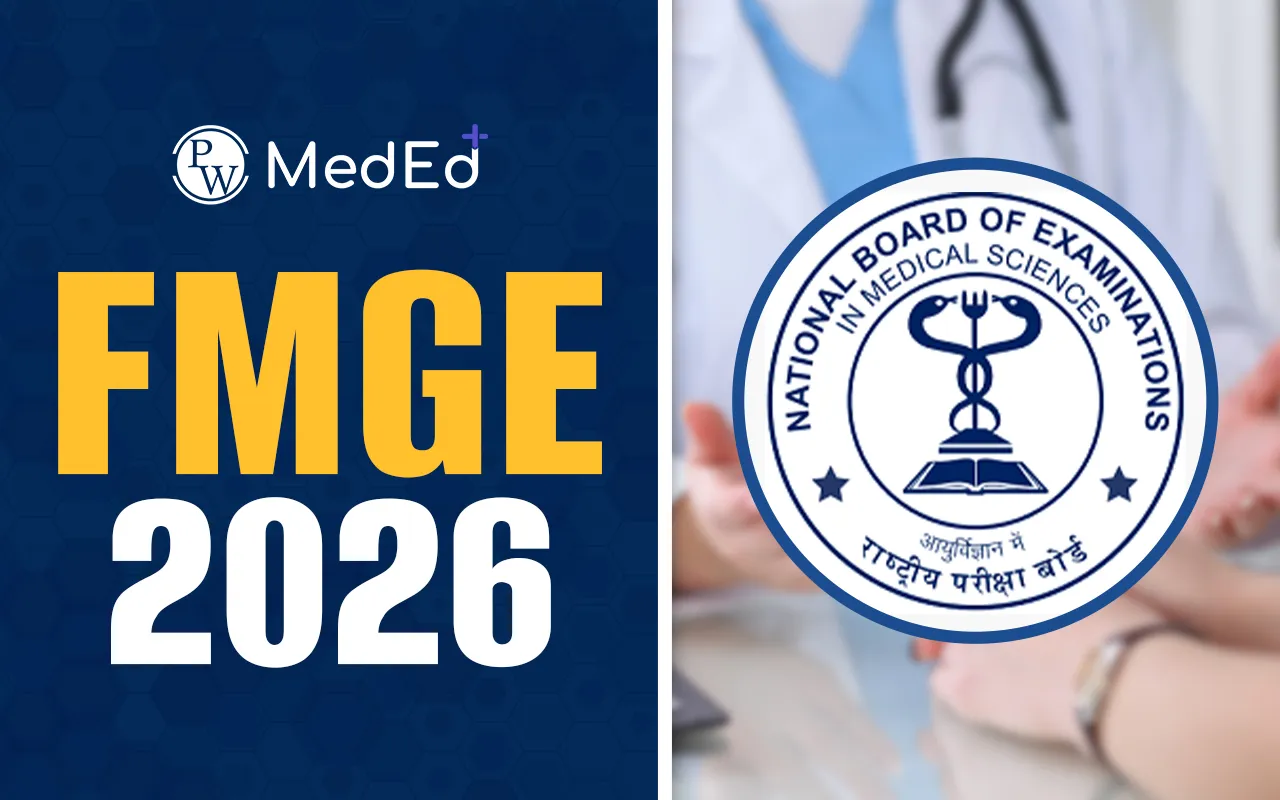What is Dermatology in NEET-PG?
Dermatology in NEET-PG refers to MD in Dermatology, Venereology, and Leprosy, a highly sought-after postgraduate medical branch focusing on the diagnosis and treatment of skin, hair, nail, and sexually transmitted diseases. It is one of the most preferred non-surgical specialties among NEET-PG toppers due to its balance of clinical practice, lifestyle, and opportunities.
Marks in NEET-PG for Dermatology
To get a seat in MD Dermatology, candidates must secure top ranks in NEET-PG, often within the top 500–1000 ranks in General Category depending on the state and institution. In government medical colleges, dermatology cut-offs are especially high due to limited seats and high demand.
- General Category: Rank under 1000
- OBC/SC/ST: Ranks may vary based on reservation and state quota
- Private Colleges/Deemed Universities: Lower cut-offs but higher fees
Is Dermatology the Most Demanding Branch in NEET-PG?
Yes, Dermatology is considered one of the most competitive and in-demand specialties in NEET-PG due to the following factors:
1. Clinical Appeal
Dermatology involves diagnosing visual symptoms, using non-invasive tools, and providing medical or cosmetic treatments. It offers clinical satisfaction without emergency duties, which is highly appealing to many aspirants.
2. High Prestige and Respect
Being a dermatologist is often associated with prestige, professionalism, and a clean work environment, making it a popular choice for those aiming for a stable and respected medical career.
3. Path to Super Specialization
After MD Dermatology, doctors can pursue fellowships or super-specializations in areas like:
- Aesthetic Dermatology
- Pediatric Dermatology
- Dermato-surgery
- Cosmetology These branches are lucrative and trending, especially in urban and metro areas.
4. Better Career Growth
Dermatology opens doors to diverse practice options, private clinics, cosmetic centers, and online consultation platforms. There's also less dependency on hospital-based setups, giving professionals more freedom and income potential.
Career Scope After MD Dermatology
1. Practice as a Dermatologist
Start an independent clinical or cosmetic dermatology practice. With increasing awareness about skin care and cosmetic procedures, the patient base continues to grow.
2. Super-Specialization (Fellowships)
Pursue fellowships in:
- Cosmetic Dermatology
- Laser and Aesthetic Medicine
- Trichology
- Dermatosurgery
These offer higher earnings and specialized expertise.
3. Teaching & Academic Roles
Join medical colleges and institutions as faculty in dermatology departments. Teaching roles also provide opportunities for research, paper publications, and attending national/international conferences.
4. Research and Innovation
With the rise in skin-related disorders, allergies, and cosmetic science, dermatology research is expanding. MD Dermatology postgraduates can contribute to pharma R&D, clinical trials, and cosmetic innovation.
Challenges of Choosing Dermatology
While Dermatology has many perks, it also comes with a few challenges:
- High competition in NEET-PG to secure a seat
- Limited government seats in most states
- Requires constant upskilling in new cosmetic/aesthetic procedures
- May not appeal to those interested in emergency medicine or surgical interventions
Tips for NEET-PG Aspirants Targeting Dermatology
Dermatology is one of the most sought-after specialties in NEET-PG, requiring a top rank and smart preparation. Here are key tips to help aspirants boost their chances of securing an MD Dermatology seat.
- Aim for a top 500 rank in NEET-PG for a good chance at MD Dermatology.
- Focus on clinical and image-based questions during preparation.
- Practice previous year papers and INI-CET dermatology questions.
- Use standard books like Fitzpatrick’s Dermatology, Logan Turner’s, and concise review materials.
- Consider doing observerships or electives in dermatology departments to gain clinical exposure.









